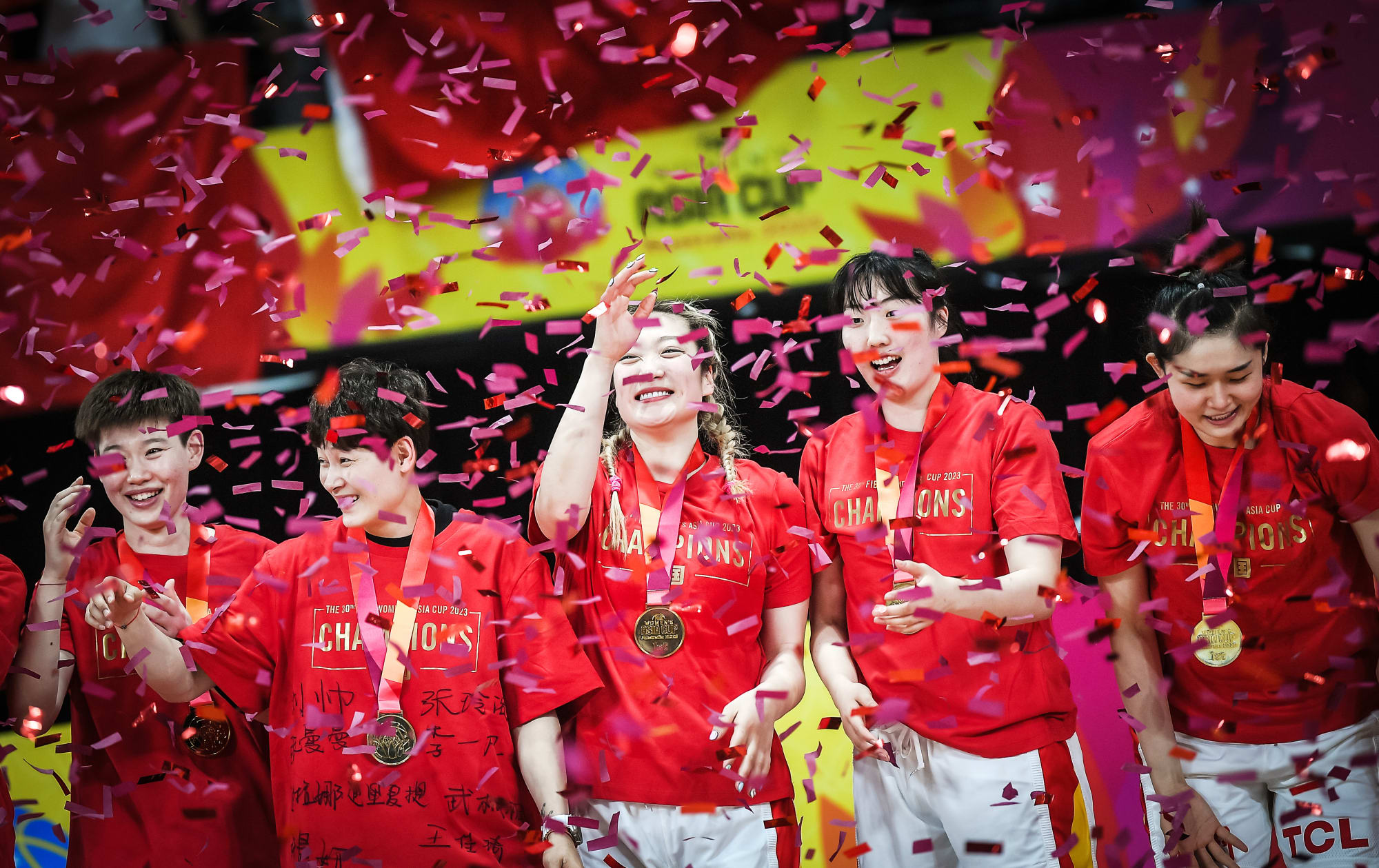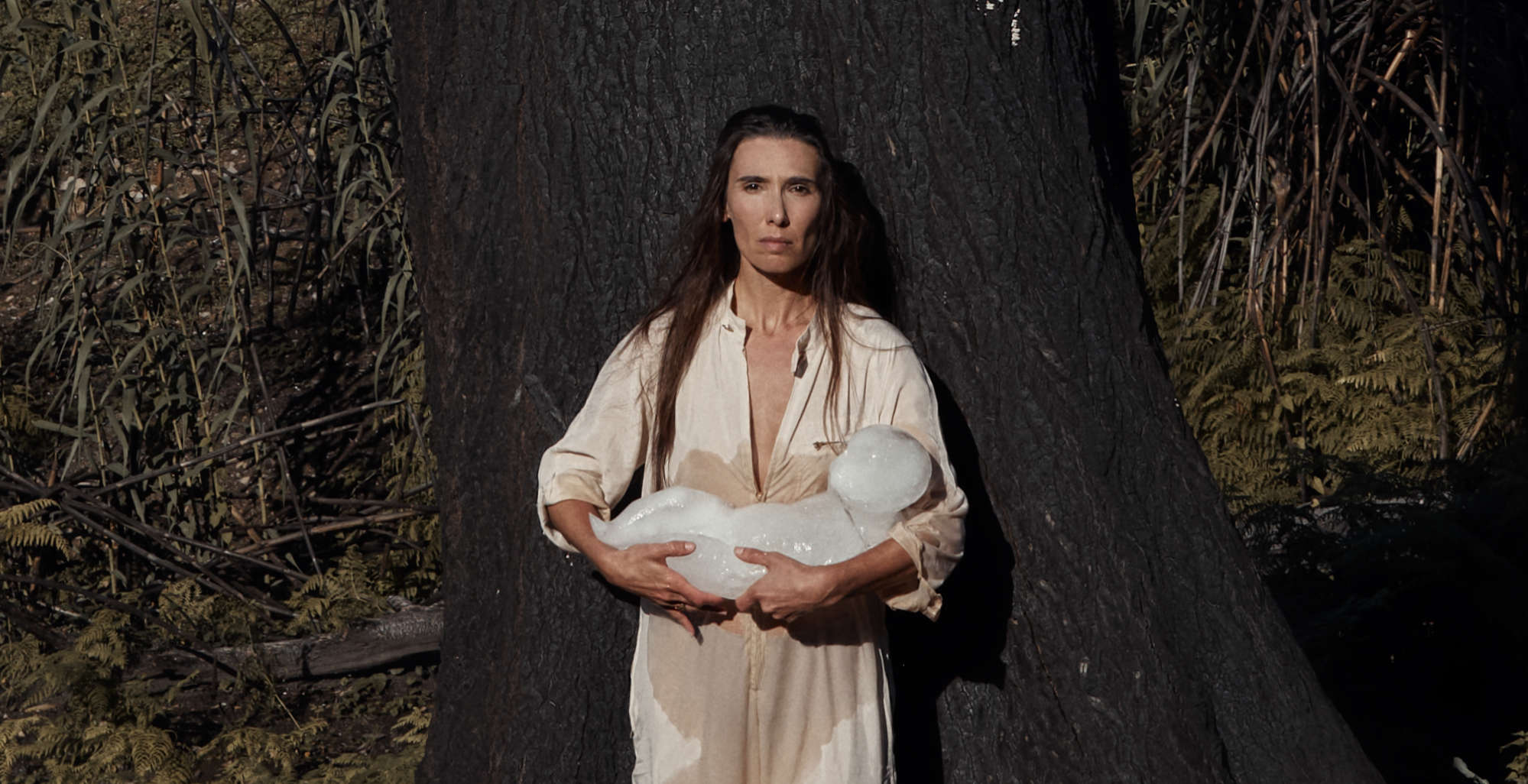SHENZHEN (China) – The FIBA Women’s Asia Cup 2025 is fast approaching, bringing together women’s national teams across the Americas to celebrate the best of basketball.
Here’s everything you need to know before the tournament tips off:
It is the premier and most prestigious women’s basketball tournament for national teams in the various subzones of Asia and Oceania. The competition is held every two years and is organized by the FIBA Regional Office-Asia.
This will mark the 31st edition. The tournament was first held in 1965 in Seoul, Korea. The competition has seen 11 host countries across the decades, with Japan hosting the event six times (1982, 1994, 1995, 1999, 2004, 2011).
China will be the host country for 2025, with Shenzhen in the Guangdong province as host city. All the games will be staged at the Shenzhen Sports Center from July 13 to 20. This is the fourth time China will host the event, having previously done so in 1984, 2005 and 2015.
Wondering about the FIBA Women's Asia Cup all-time medalists? Find out here.
Eight teams have qualified for Division A:
Australia (4 previous appearances) China (24) Indonesia (12) Japan (28) Korea (30) Lebanon (5) New Zealand (4) Philippines (17)
Eight teams have qualified for Division B:
Chinese Taipei (25) Cook Islands (Debut) India (20) Iran (3) Kazakhstan (12) Mongolia (1) Tahiti (Debut) Thailand (18)
Alongside host nation China, all teams that finished in the top seven of the 2023 edition have retained their spots in Division A. They are joined by Indonesia, the winners of Division B, marking their first appearance in Division A since the introduction of the two-division format.
Meanwhile, Chinese Taipei will miss the Asia Cup for the first time since 1984 after being relegated to Division B. On the other hand, Lebanon makes history by qualifying for Division A in back-to-back tournaments for the first time.
The winner of this year's tournament will not only hoist the first-ever trophy dedicated for the FIBA Women's Asia Cup but will also earn a direct spot in the FIBA Women’s Basketball World Cup 2026 in Germany, as well as a berth in the World Cup Qualifying Tournaments scheduled for March 2026.
Related Articles
Teams that finish second through sixth will also qualify for the World Cup Qualifying Tournaments next year.
For more information on the women’s national team competition system, click here.
For Division A, the eight teams will be split into two groups of four teams. The first-placed team qualifies to the semifinals while the second-and third-placed teams play in a playoff round. The second-placed teams face off against the third-placed teams. A knockout-system will be used after the preliminary round with the losing teams playing in a classification game. The eighth-placed Division A team at the end of the competition will be placed in Division B for the 2027 FIBA Women's Asia Cup.
The eight participating Division A teams are split into two groups:
Group A: China, New Zealand, Korea, Indonesia Group B: Japan, Australia, Philippines, Lebanon
For Division B, the same competition format applies. However, the first-placed Division B team will be promoted to Division A for the 2027 FIBA Women's Asia Cup.
The eight participating Division B teams are split into two groups:
Group A: Chinese Taipei, Kazakhstan, India, Tahiti Group B: Iran, Thailand, Mongolia, Cook Islands
For more information on the FIBA Women’s Asia Cup 2025 competition format, click here.
China are the reigning champions, having won the title at the 2023 edition in Sydney. It was the country’s 12th gold medal, enabling China to draw with Korea as the most successful teams in the history of the competition.
FIBA Hall of Famers Miao Lijie of China and Yuko Oga of Japan have been chosen to be the ambassadors of the FIBA Women's Asia Cup 2025, as FIBA went with two decorated legends which won gold not only in this tournament but in their respective countries as well - the reason why they've become so revered to this day.
The competition begins on 13 July and ends on 20 July. Click here to view the full game schedule.
All games will be streamed live on Courtside1891. Additional coverage through local broadcasters will be announced. Fans can also follow all the action and highlights on FIBA’s official platforms: YouTube, Facebook, Instagram and X. Don’t forget to use the hashtag #AsiaCupWomen to join the conversation!
Each team’s final 12-player roster will be confirmed after the technical meeting held before the start of the competition. However, a number of teams have already started announcing their preliminary squads.
Stay up to date with all roster announcements by visiting our roster tracker.
FIBA










